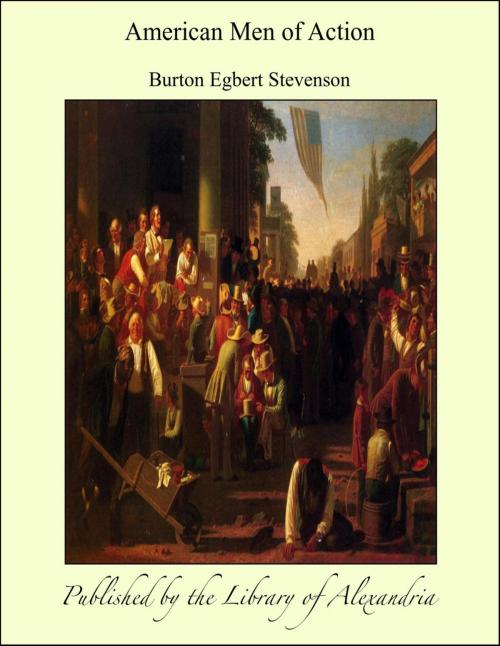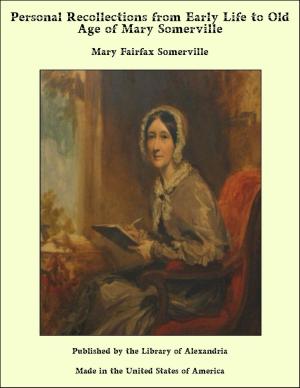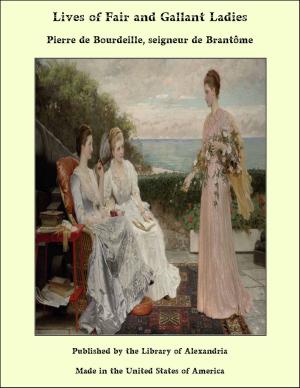| Author: | Burton Egbert Stevenson | ISBN: | 9781465571168 |
| Publisher: | Library of Alexandria | Publication: | March 8, 2015 |
| Imprint: | Language: | English |
| Author: | Burton Egbert Stevenson |
| ISBN: | 9781465571168 |
| Publisher: | Library of Alexandria |
| Publication: | March 8, 2015 |
| Imprint: | |
| Language: | English |
No doubt most of you think biography dull reading. You would much rather sit down with a good story. But have you ever thought what a story is? It is nothing but a bit of make-believe biography. Let us see, in the first place, just what biography means. It is formed from two Greek words, "bios," meaning life, and "graphein," meaning to write: life-writing. In other words, a biography is the story of the life of some individual. Now what the novelist does is to write the biographies of the people of his story; not usually from the cradle to the grave, but for that crucial period of their careers which marked some great success or failure; and he tries to make them so life-like and natural that we will half-believe they are real people, and that the things he tells about really happened. Sometimes, to accomplish this, he even takes the place of one of his own characters, and tells the story in the first person, as Dickens does in "David Copperfield." That is called autobiography, which is merely a third Greek word, "autos," meaning self, added to the others. An automobile, for instance, is a self-moving vehicle. So autobiography is the biography of oneself. The great aim of the novelist is, by any means within his power, to make his tale seem true, and the truer it is—the truer to human nature and the facts of life—the greater is his triumph.
No doubt most of you think biography dull reading. You would much rather sit down with a good story. But have you ever thought what a story is? It is nothing but a bit of make-believe biography. Let us see, in the first place, just what biography means. It is formed from two Greek words, "bios," meaning life, and "graphein," meaning to write: life-writing. In other words, a biography is the story of the life of some individual. Now what the novelist does is to write the biographies of the people of his story; not usually from the cradle to the grave, but for that crucial period of their careers which marked some great success or failure; and he tries to make them so life-like and natural that we will half-believe they are real people, and that the things he tells about really happened. Sometimes, to accomplish this, he even takes the place of one of his own characters, and tells the story in the first person, as Dickens does in "David Copperfield." That is called autobiography, which is merely a third Greek word, "autos," meaning self, added to the others. An automobile, for instance, is a self-moving vehicle. So autobiography is the biography of oneself. The great aim of the novelist is, by any means within his power, to make his tale seem true, and the truer it is—the truer to human nature and the facts of life—the greater is his triumph.















